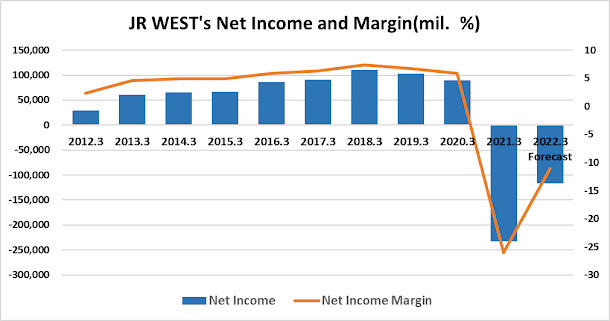Political changes raised hopes for new policies to contain COVID-19 and propel economic rebounds
Japanese PM resigns at the end of September with the state of emergency to be extended
Japanese Prime Minister Yoshihide Suga revealed his intention to resign as ruling Liberal Democratic Party support erodes and public criticism over his response to the COVID-19 pandemic mounts diminishing his chances of winning a second term.
Prime Minister Suga announced on September 3 that he would not run for the LDP presidential election scheduled at the end of September. In the Liberal Democratic Party, which is in charge of the current Japanese administration, it is customary for the prime minister to be the president of the party, so the fact that Prime Minister Suga does not run for the presidential election means he will resign at the end of September.
Suga explained the reason for his decision not to run for the election was to devote himself to the containing measures against the new coronavirus. At present there is no prospect seen to eradicate the pandemic any time soon in Japan.
The government is considering to extend the state of emergency issued in
prefectures including the metropolitan area such as Tokyo, Kanagawa, Saitama,
and Chiba about two weeks from September 12 as the number of newly infected
people remains high. The infection is concerned to spread further among
students as they return to school after the summer vacation.
The pandemic hit Japanese tourism industry hard with firms in the industry scrambling to secure the cash
Regarding the economic impact of the pandemic, according to a questionnaire conducted by the Japan Broadcasting Corporation to 100 large domestic companies, 70% of the companies answered that the Japanese economy will not return to the level before the pandemic until next year or later.
Those companies concern that economic environment will continue to be bleak for the time being. It is based on their stern view about economic situation, the rapid spread of mutant viruses and delays in vaccination.
Because Japanese are encouraged not to travel during the ongoing state of emergency and the nation is essentially closed to foreign tourists, tourism industry in Japan has been struggling with plummeting profits since the pandemic began. One of those companies is West Japan Railway Co, Japan’s third-largest listed rail operator on Tokyo Stock Exchange.
The firm, known as JR West, posted a 233 billion yen net loss in the twelve months ended March 2021 with JR WEST’s free cash flow evaporating and leaving the company suddenly cash strapped. JR WEST announced its plan to sell around US$2.5 billion in shares to cover mounting losses as the coronavirus pandemic devastated tourism industry.
Japan's exports extend gains and may continue in the coming months thanks to strong demand in US and China
On the other hand, Toyota Motor announced that the group's financial results from April to June in 2021 reached a record high of 897.8 billion yen, which is about 5.6 times the same period of the previous year.
The demand for automobiles is rebounding in the United States and China where economies are recovering steadily with vaccination proceeding smoothly. Taking advantage of those favorable business conditions, Toyota Motor will invest 1.5 trillion yen in batteries used for electric and hybrid vehicles by 2030 to secure stable supply of batteries for their vehicles as major countries across the world plan to tighten their restrictions on sales of gasoline-powered vehicles.
Major shipping companies such as NYK have also increased their profits. NYK’s profit reached a record high for this period as luggage carried by ship grows due to the expansion of trade volume resulting in the soaring freight rates.
According to the July trade statistics released by the Ministry of Finance, the value of exports from Japan increased by 37% from the same month of the previous year to 7,356.3 billion yen. Exports have increased for the fifth straight month.
Automobile exports to the United States where the economy is recovering and exports of semiconductor-related products to China grew remarkably. The trade balance, which is exports minus imports, was a surplus of 441 billion yen, the second consecutive month of trade surplus.
Imports also increased by 28.5% to 6,091.3 billion yen. Rising crude oil prices and increasing demand for iron ore and non-ferrous metals contributed. Imports of new corona vaccines from the United States and Europe also pushed up import figures.
The
recovery of the world economy has had a positive effect on the Japanese economy
with Japan’s GDP in April – July period increasing by 1.9% in real terms
year-on-year, the Japanese Cabinet Office announced on September 8. Although the
Japanese economy is still sluggish currently, it is expected to recover along
with the world economy after domestic vaccination progresses in Japan and
domestic demand rebounds.






Comments
Post a Comment